molave bonsai
 Why and How Molave Bonsai Became a Favorite
Why and How Molave Bonsai Became a Favoritefilling the gaps in the history of the evolution of the bonsai molave molave bonsai, like the bonsai that uses the molave tree (Vitex parviflora) as a specimen is now called popularly, ha evolved into one of the favorites among fans in the Philippines. He's got a problem. now established a niche in the world of the Internet. His growing popularity was in obvious fact in the 7th open competition test of Mindanao 2011 at the Santos General City. But until 1994, my knowledge of bonsai was restricted only to basketball (Ficus), which Cebuanos also calls "dakit" and the "lonok" Ilonggos. My initiation into the search for this living art began in fact with the two tiles of my mother who grew up in deep, ornamental pots of mud at home. These trees remained in those pots for years without repotting, and the roots kept turning around the inside of the pots. The soil inside it had been exhausted for a long time, and the continuous growth of the root pushed the trees up so that much of the expanded bases of the roots were visible. Anyway, he proudly called these bonsai. See you later. then I never heard, I didn't read, I didn't learn anything else with reference to Molave bonsai. I was a daily subscriber to a national newspaper for the past. a few years that read almost everything, including ads. I also picked up clippings from the Agriculture section, but there was nothing in molave bonsai, at least for My memory. Then I to the left for Laguna. I started collecting literature on bonsai. I also participated in educational travel in landscaping, one at the residence of a UPLB professor bonsai collection, mainly miniatures. On another occasion, we visited Mang Modesto Maclicmot residence, the first time I met and personally spoke to him, reputedly one of the pillars of bonsai development in the Philippines. But still, I had no memories. Anything from bonsai molave. The evolution of Molave Bonsai happened after returning to the Santos General City in late 1996. I started applying at home how little I learned, and I discovered that making bonsai had become crazy. The road that connects the city with the parts of southern Sarangani was already concrete and the expansion of the road made those molave trees naturally visible to the public eye. And accessible too! But funny, the term bonsai then understood primarily as trees growing in rocks. It doesn't matter if the tree has or does not have the replica of a mature tree, the common hesitant, sometimes arrogant, the question was: "If it is a bonsai, why is there no rock?" Then I ran a seminar at the GSC Garden Center where I presented the rules in the bonsai judgment that I recovered from my literature collection. Followed by many more seminars. I learned that TESDA had a program on the spread of bonsai, and so it soon got involved. To be clear, however, I am not the first to participate in bonsai doing in the city. I didn't have a monopoly on technology either, or art. Cocoy, the late Bernard, and Richie came to see me and then we exhibited at the East Asia Royale Hotel. They could have done it without me, but they needed me anyway. For my knowledge, it was the first of those exhibitions to be held in the General Santos City. Then, in 2001, the 6th Philippine Congress of Floriculture was held in this city. The four of us again presented an exhibition of bonsai specimens under training, mainly molave. The program included a competition in bonsai and, at the last moment, I decided to enter a semi-cascade bonsai in the rock molave that I separated from the exhibition. I remember the other entries, from outside General Santos City, included bougainvilla and tamarind, but not molave. I woke up with a call from my sister, congratulating me that my entry was judged as the best bonsai. There were only a few tickets. However, exposure and competition transformed the molave tree, in particular the lanhan of tugas, of a virtual species unknown in a respectable species in the world of bonsai. The judge of the competition, Prof. Serafin Metilla, did it like that. What the Molave Bonsai did One of the favorites now The many stunned but aged trees; the grumpet and the twisted logs; their ability to remain alive with There's only one thin strip of living bark left, like when it's saved after a bush fire; the resistance of shari and jin to rot; its tolerance to harsh weather conditions; its ability to grow from the cracks or above limestone rocks without any help of man; his habit of growth in nature that allows his transformation into many styles of bonsai; ease in its propagation; its relatively flexible stems; and its natural ability to minimize in response to shallow potting, continuous shooting trimming and it can be rooted regularly. No I doubt that these characteristics are responsible for the appearance of this tree as a favorite bonsai specimen in the Philippines. But this is not all. There is bantigui (Pemphis acidula) which is even more popular and well sought all over the world. In me view, it is mainly because they are readily available at little cost. Just uprooted. materials for the manufacture of bonsai are exchanged continuously, even reaching a long flow regions like ukay-ukay. It doesn't matter that old hunting grounds are already exhausted, are still available in more distant sites. It doesn't matter too much. that hunted materials are artistically inadaptated or otherwise heavily rotten to facilitate transport. Most of the materials delivered leave little for the imagination, but these materials still find willing receptors. Online trade has also evolved. CaveatIndeed, it seems that there is an eminent danger of total elimination due to the indiscriminate harvest. For bonsai molave lovers in the General City Santos and Sarangani, these grotesque, grunts, rotten and stunned trees, these living symbols of survival in the midst of the harshest nature, are a rare resource worthy of being multiplied instead of endless depletion. A very easy proposal. Easily said what I did. For the least in school, the poorest of the poor bonsai collectors and material suppliers, the question that really matters is: "Who will give us the small rice for the table if the supply route is sudden and totally closed?" For those who are on the other end of the road, that is why we cannot close this road. Who really invented the first question?(Ben G. Bareja 2013, edited Apr 26, 2019)(Ben G. Bareja 2013, edited Apr. 26, 2019)Updated July 29, 2019: According to multiple sources, the city's freight carriers have been notified that they are not engaged in the transport of bonsai and bonsai material without the necessary permits. Update July 29, 2019: Do I want to say something? Welcome, put it here. In English, please... Author's perspective on bonsai: common rules and features of a good rectum. It's hard to standardize how to rot fruit trees. But the bonsai rules offer some advice. The collector Bonsai shares the techniques of how-to learn the bonsai care that he practices in hardwood trees adapted to the conditions of drylands. Perspectives of the author on what is bonsai. The information provided should be useful for beginners. Author reveals how to create or improve dead wood bonsai as shari and jin using the experience of insect sculptors.l l l l l l l l l l l UslCopyright © 2010-19 cropreview.com All rights reserved
Molave Bonsai Philippines Bonsai

8th Mindanao Bonsai Open | Bonsai art, Bonsai, Bonsai tree

Tips on Bonsai Care With Emphasis On Small Hardwood Trees

Bonsai Hunting / Small Molave - YouTube

Bonsai Tree Mulawin Pusavitex Parviflora Or Molave Tree Dumaguetephilippines 0511 Stock Photo - Download Image Now - iStock
Tugas "Molave" Bonsai Styling "Sokan Style"|Bonsai Tutorial for Beginners EP#10 - YouTube

Ok, Bloomer - 3000 PHP The molave bonsai, as the bonsai... | Facebook
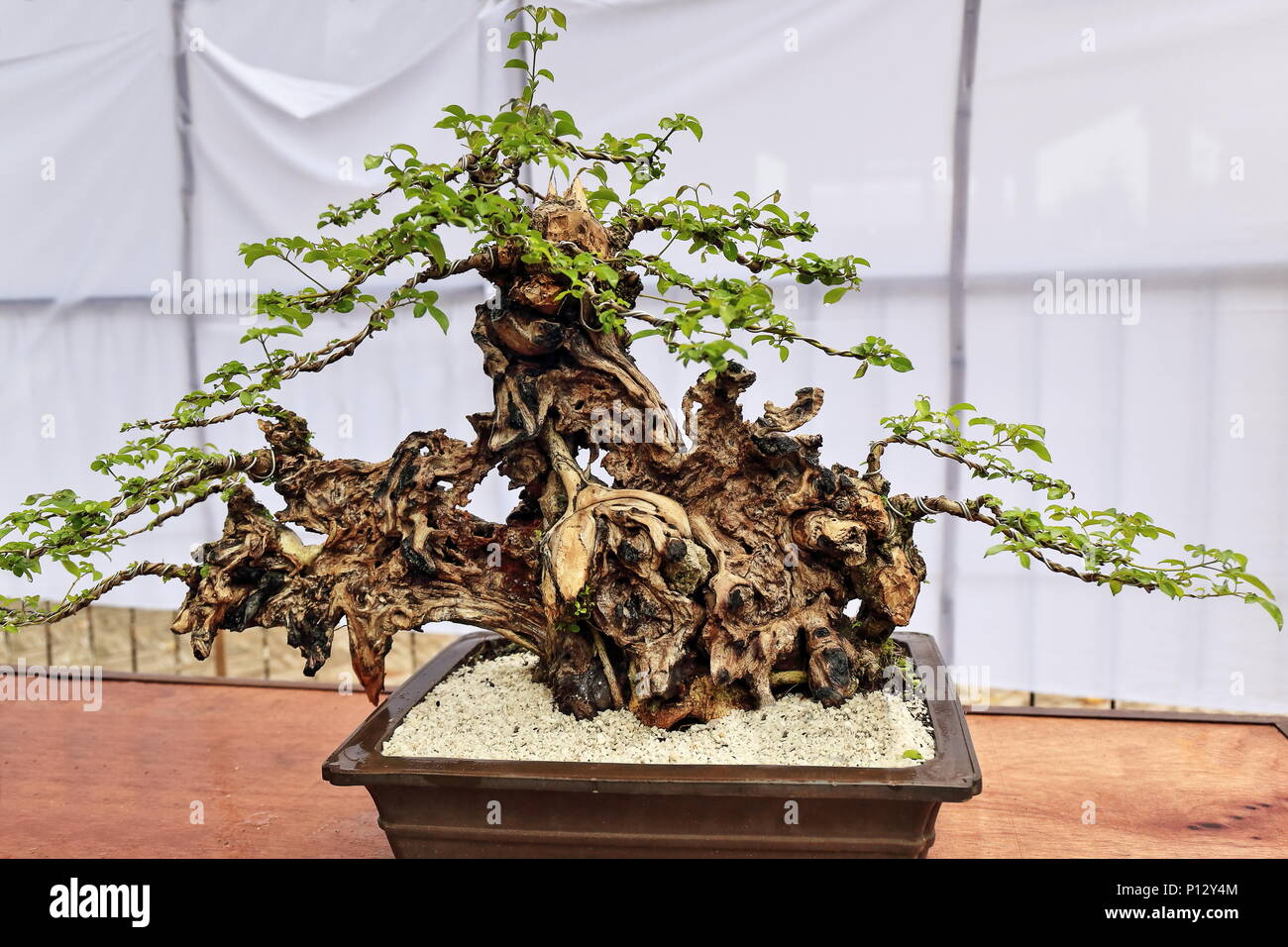
Molave Tree High Resolution Stock Photography and Images - Alamy

8th Mindanao Bonsai Open | Bonsai, Bonsai art, Bonsai tree
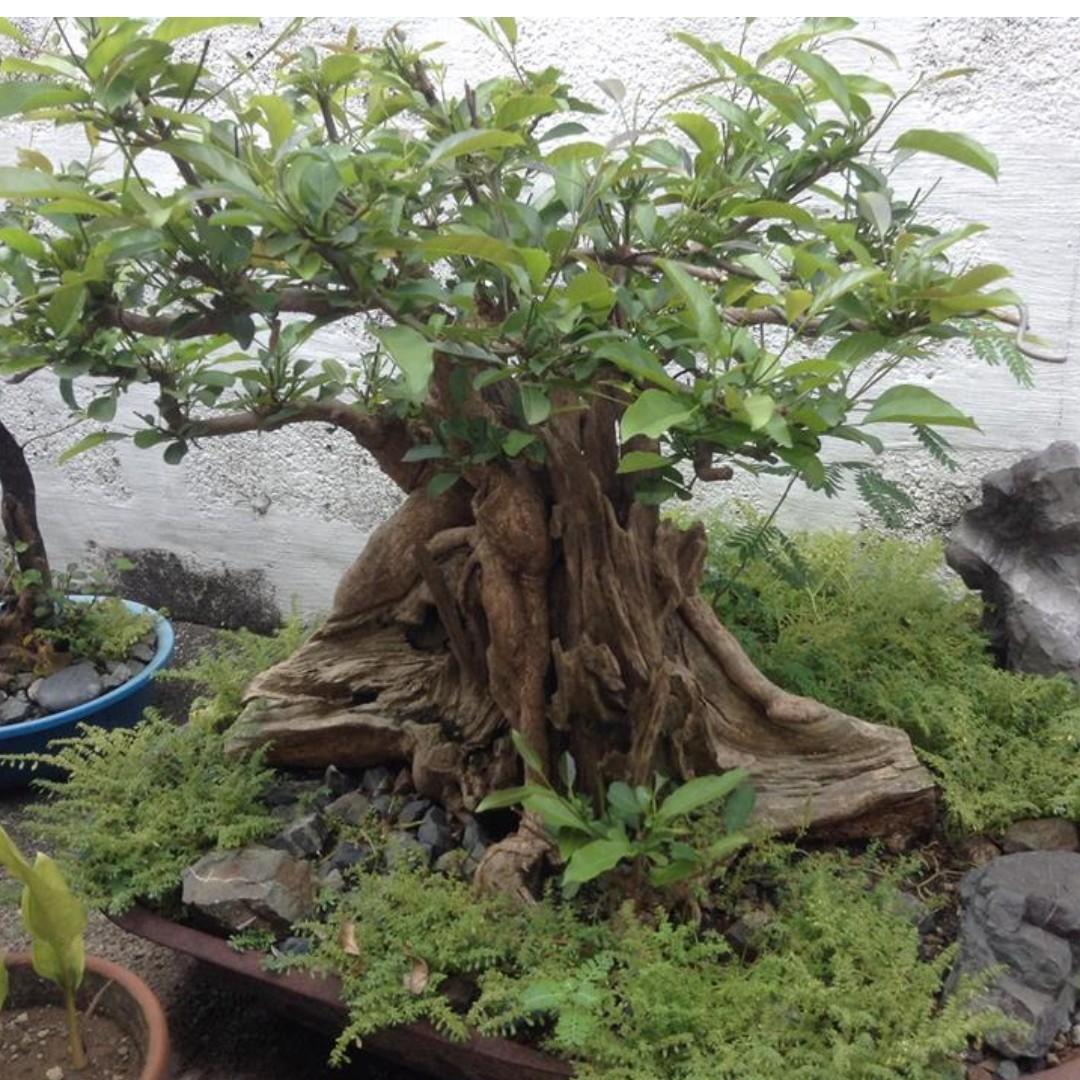
Bonsai Molave Tree, Babies & Kids, Baby Nursery & Kids Furniture, Nursery Lighting & Decor on Carousell
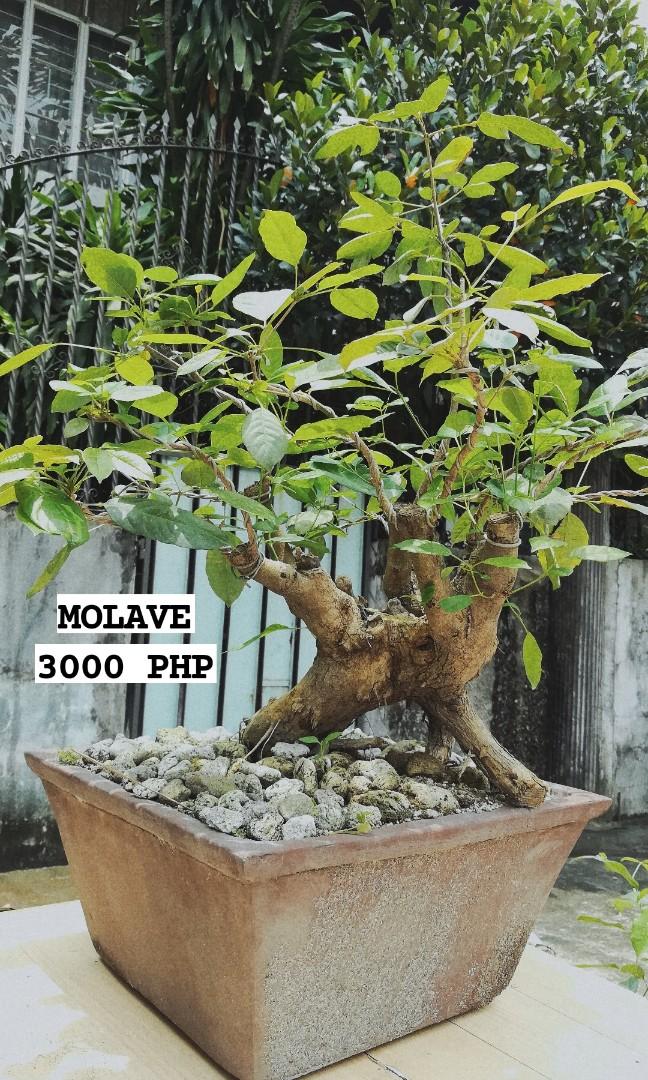
MOLAVE BONSAI, Furniture & Home Living, Gardening, Plants & Seeds on Carousell

Ok, Bloomer - 3000 PHP The molave bonsai, as the bonsai... | Facebook

How to make Bonsai XL tulave - bonsai trees for beginners - YouTube

Penjing - Molave Bonsai | Bonsai tree, Bonsai, Bonsai garden

Molave/Tugas. Formal style. Shojin, 11... - Koronadal Bonsai | Facebook
Rockgrown - Molave Bonsai

BONSAI ART AND HOME GARDENING: MY MOLAVE BONSAI MINI-FOREST

Tugas / Molave - Gensan Bonsai for SALE | Facebook

How to trim a Bonsai Tree | Paano mag-trim ng Bonsai Molave /Tugas. Part 2 - YouTube

Bonsai Shaping Technique Did Amazing Transformation
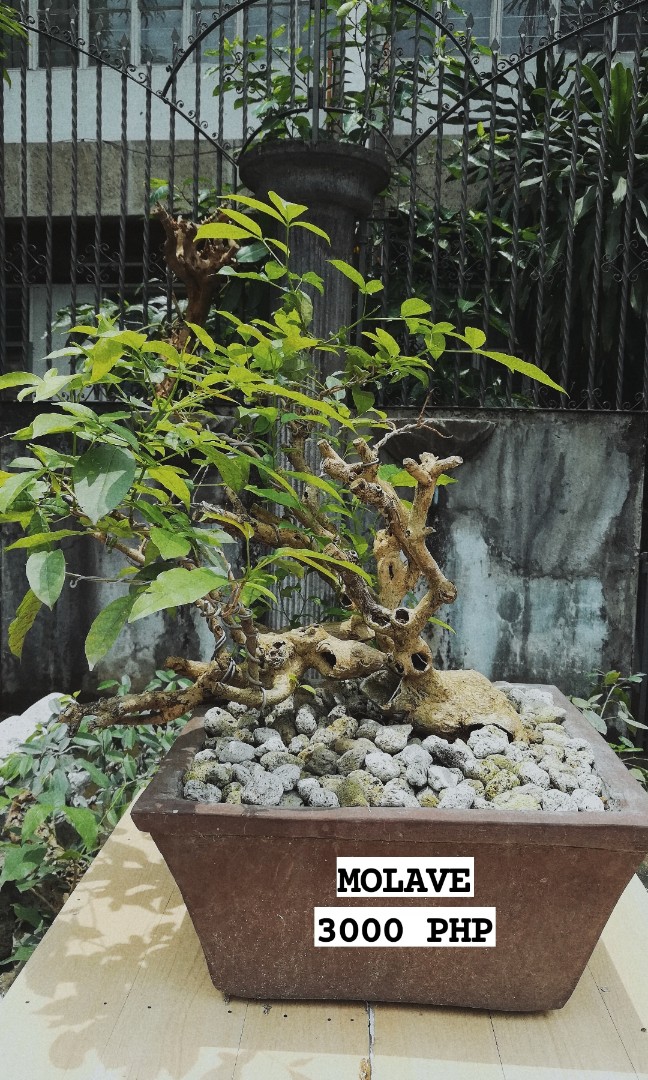
MOLAVE BONSAI, Furniture & Home Living, Gardening, Gardening Tools & Ornaments on Carousell
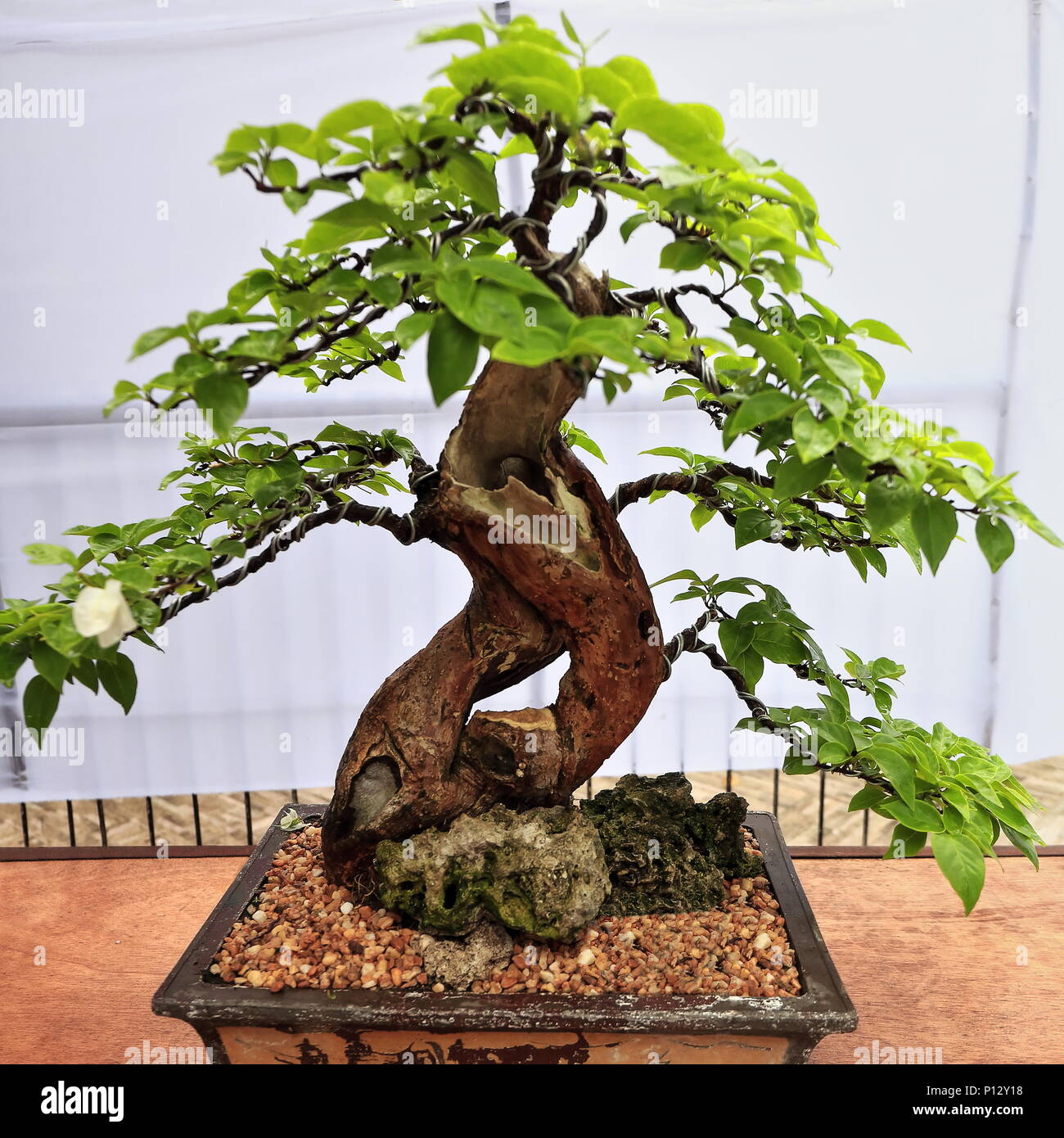
Bonsai or 'tray planting'-Japanese art of cultivating small trees in containers that mimic the shape and scale of full size trees. Bagie miniature tre Stock Photo - Alamy

Bonsai Hunting Tugas/Molave - YouTube

bonsai 009 | molave tree,it is collected five years ago in n… | Flickr

A Five-step Beginner's Guide to Growing Bonsai Trees | Lamudi

One of my Bonsai collections. (a Molave tree) | Plants, Bonsai, Garden
Image gallery for Bonsai Molave Tree for Sale | AmericanListed.com
Molave Bonsai - Full cascade
What is Tugas tree in English? - Quora
Molave bonsai for Sale in Angeles City, Central Luzon Classified | PhilippinesListed.com
Q1 Bonsai

Let's grow Molave Bonsai | ponkx kalbx - YouTube
Cascade - Molave Philippines Bonsai
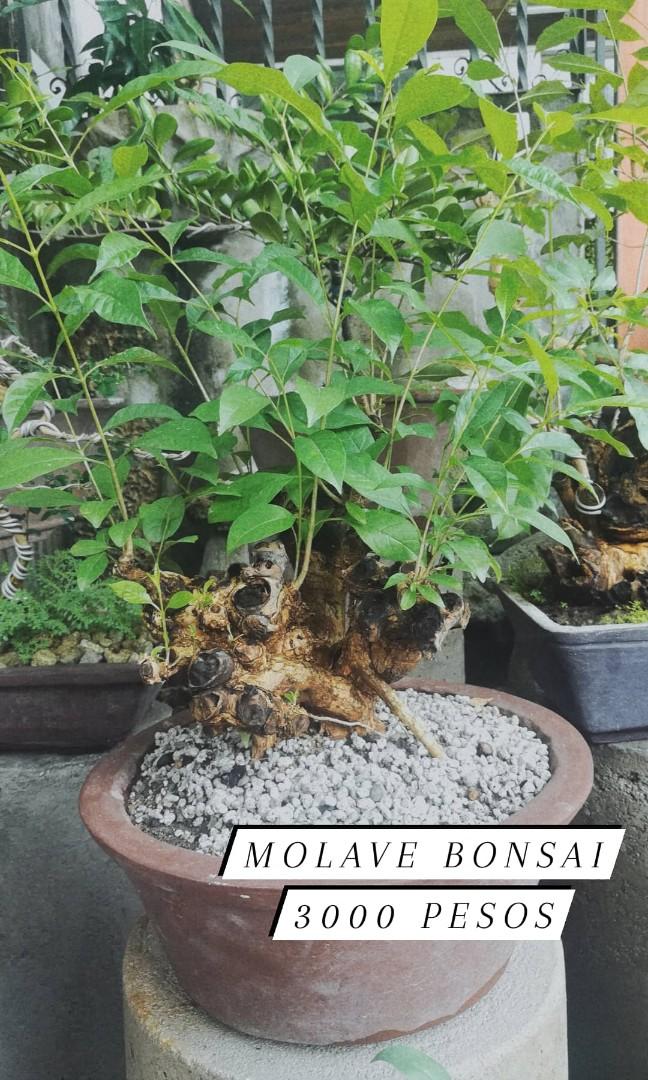
MOLAVE BONSAI, Furniture & Home Living, Gardening, Plants & Seeds on Carousell

Bonsai Miniature Forest (Page 1) - Line.17QQ.com

8th Mindanao Bonsai Open | Bonsai tree, Bonsai, Bonsai styles

Let The Plastic Tent Take Care of Your Potted Plants in Absentia

Bonsai Bataan - Tugas grafted molave. | Facebook
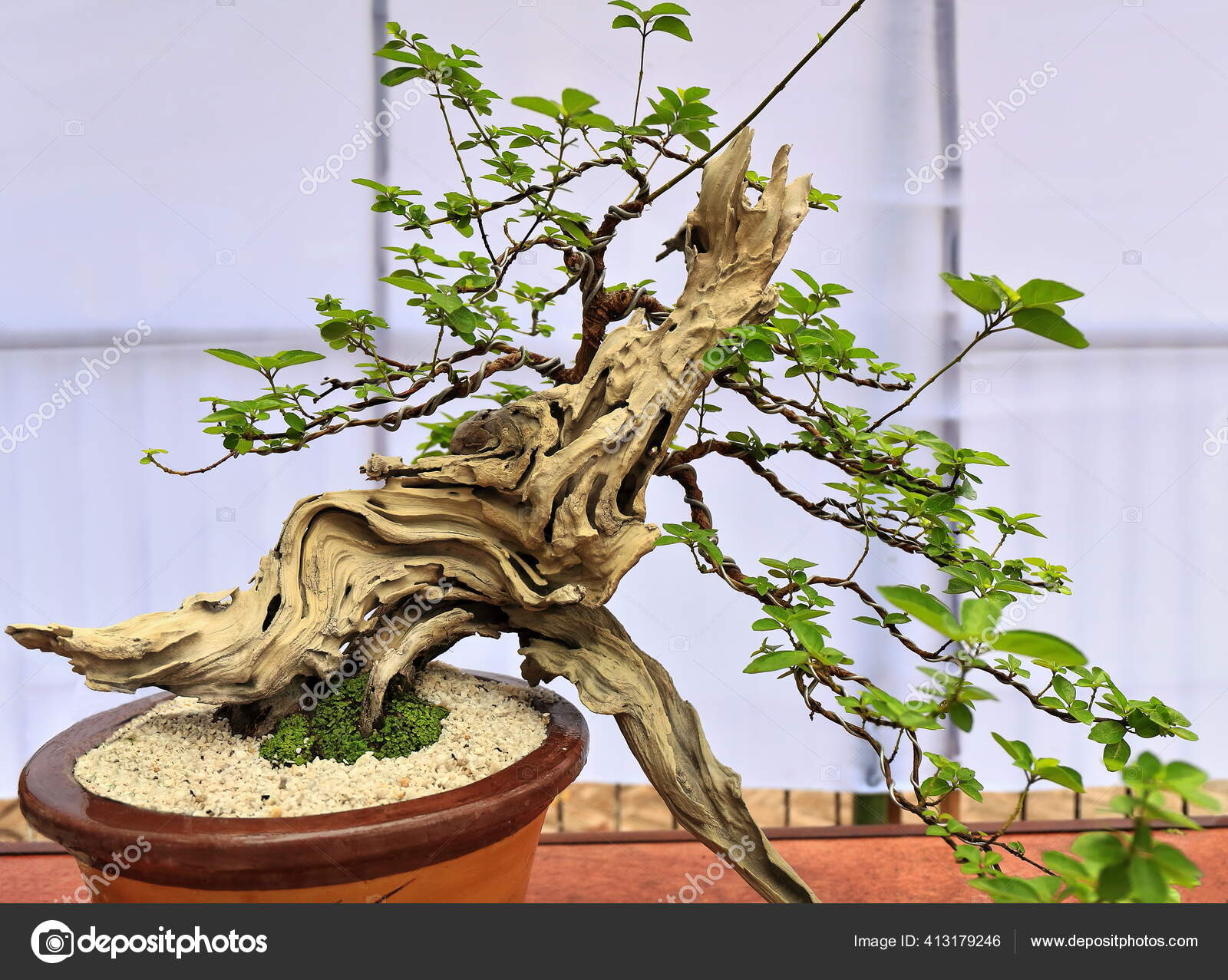
Bonsai Tray Planting Japanese Art Container Cultivation Small Trees Mimic ⬇ Stock Photo, Image by © rweisswald #413179246

Human size bonsai, molave x tugas, bonsai trees for beginners - YouTube
Post a Comment for "molave bonsai"